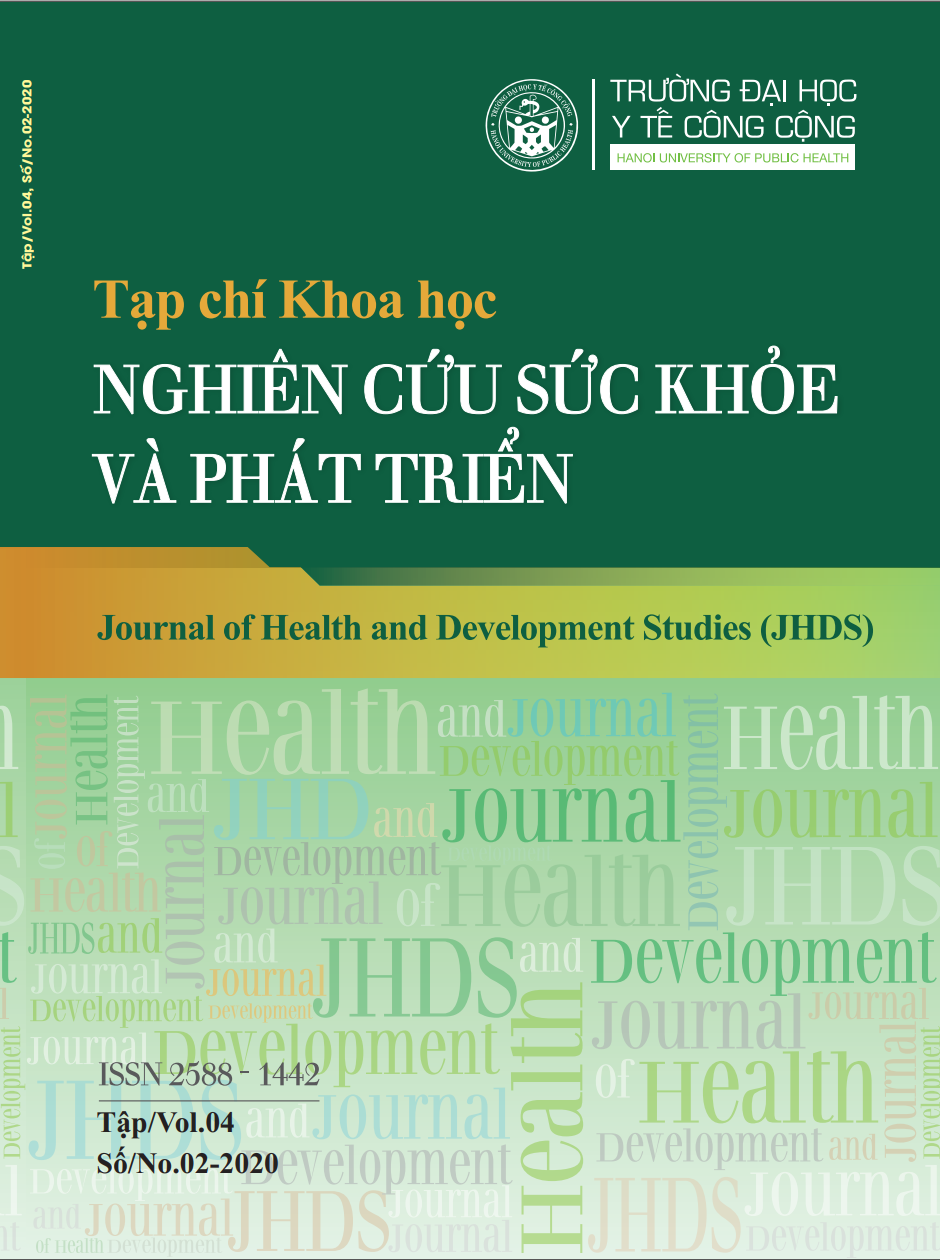THE RELATIONSHIPS BETWEEN EDUCATION AND ECONOMIC STATUS AND ADHERENCE TO ANTIRETROVIRAL THERAPY IN LOW AND MIDDLE-INCOME COUNTRIES: A META ANALYSIS
Abstract
Object: A meta-analysis was performed to identify the relationships between socioeconomic factors (education and household income) and adherence to antiretroviral therapy (ARV) among people living with HIV in middle-income countries. Methods: All primary studies about adherence to ARV among HIV patients in middle-income countries between 2010 and 2019, were systematically reviewed. Main independent factors were education and household income. Results: A total of 44 studies were included in this analysis. The rate of adherence to ARV among HIV patients in middle-income countries was 67.9% (95%CI: 63.0-72.8%). The findings showed that compared with suboptimal adherence, optimal adherence was associated with completing secondary school and higher (OR=1.53; 95%CI: 1.41 – 1.68), and not poor (OR:1.25; 95%CI: 1.15 – 1.36). Conclusions: The findings implies that programs of HIV/AIDS prevention should pay more attention to HIV/AIDS patients who have lower education and/or live in poor households to support them in adhering to ARV treatment.

